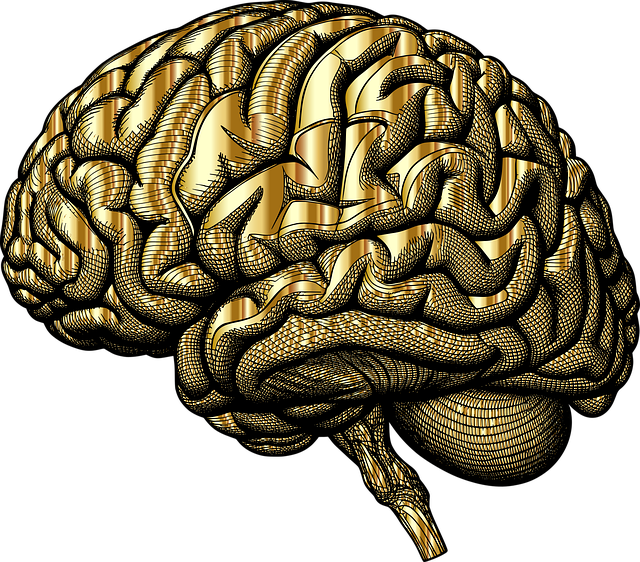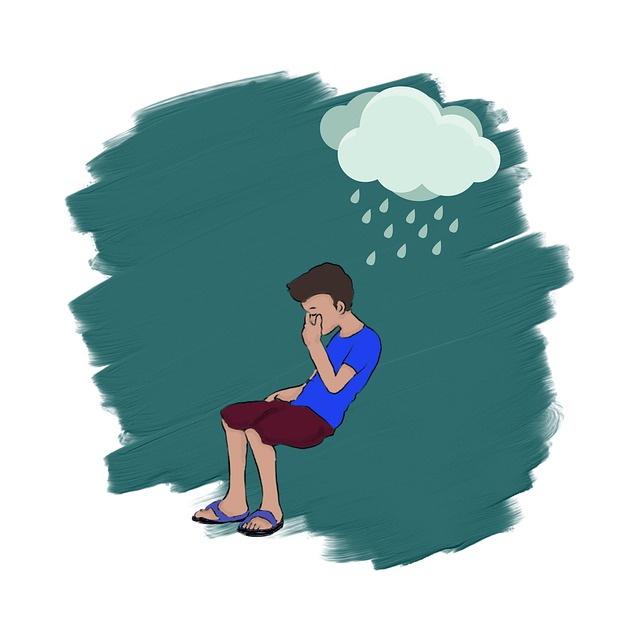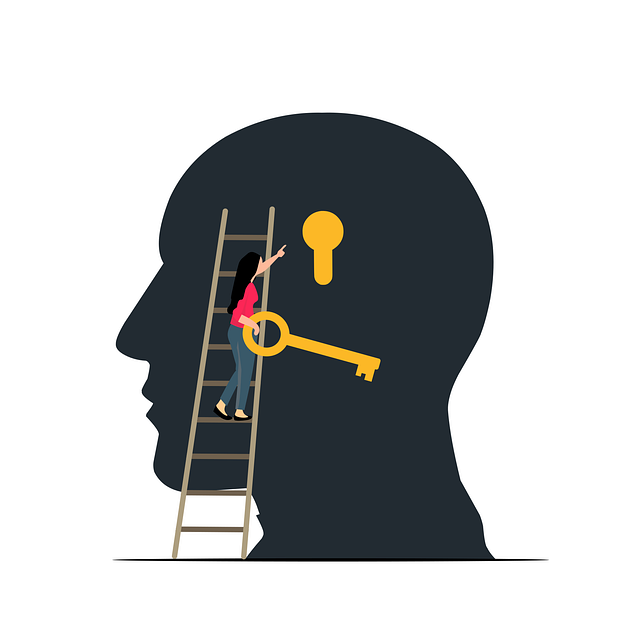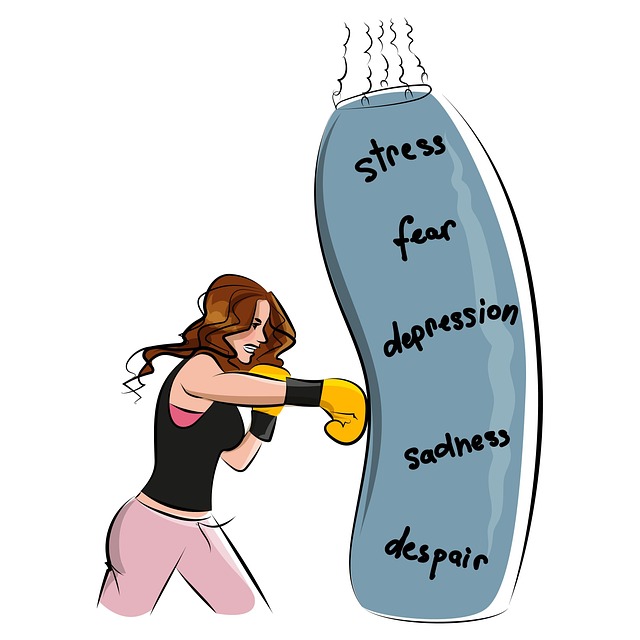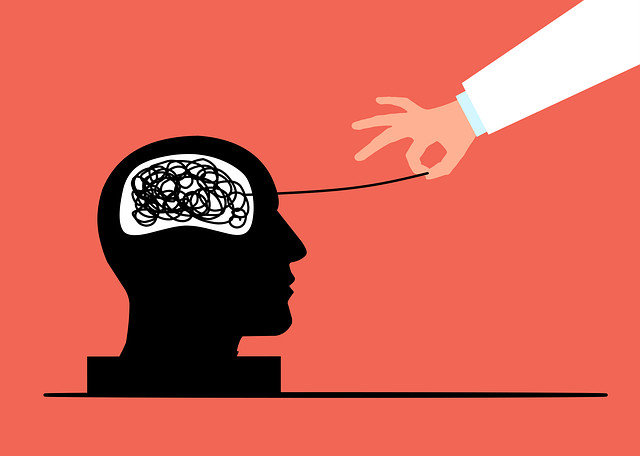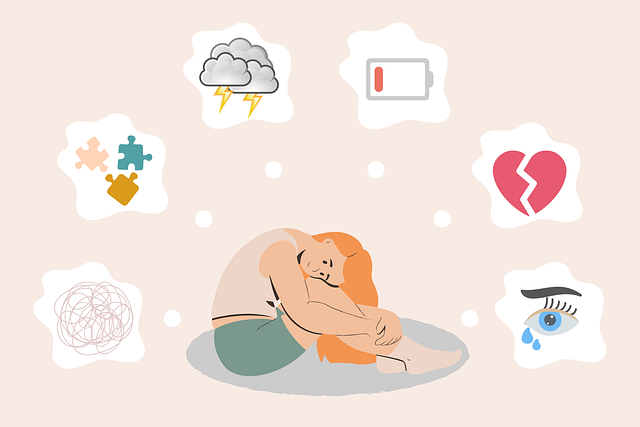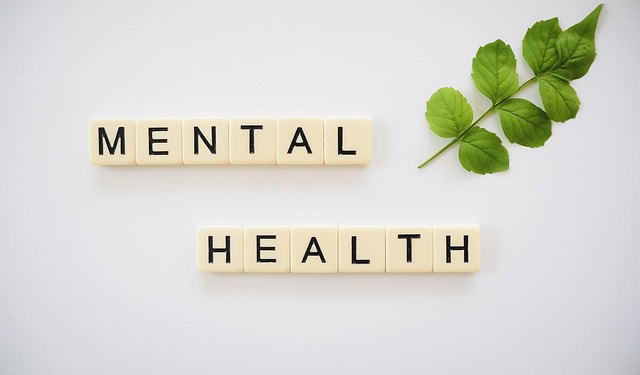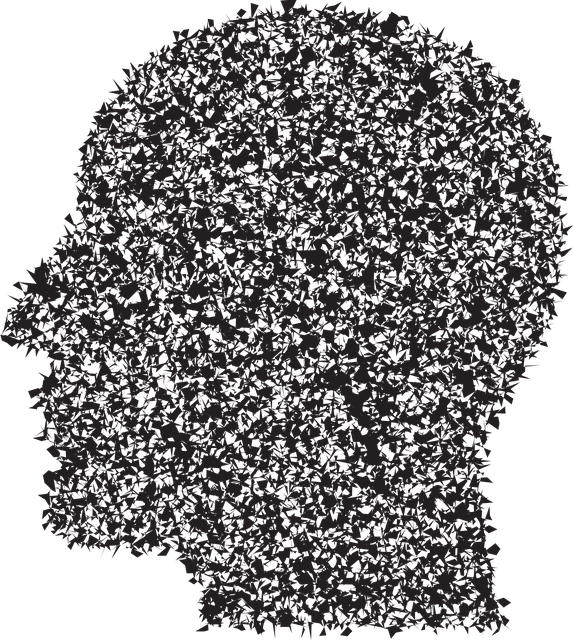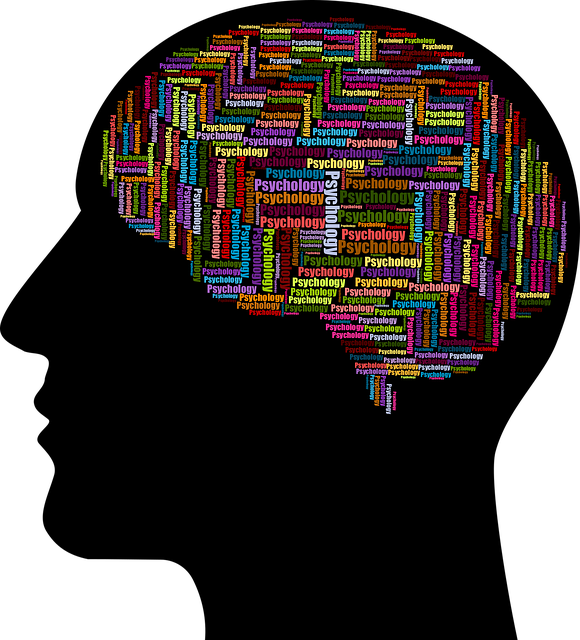The text discusses the negative impact of media's stereotyped portrayal of mental illness on societal perceptions and individual well-being, especially within diverse communities. Northglenn Blended Families Therapy advocates for a more nuanced approach, promoting emotional intelligence and offering tailored trauma support services. They aim to counter stigmatization and hinder support-seeking behaviors by educating communities about the diversity of mental health experiences. By collaborating with media creators and implementing inclusive policies, they foster open conversations about mental health, empowering individuals to manage their moods effectively and reducing stigma.
In today’s media landscape, the representation of mental illness is a powerful tool that can either perpetuate harmful stereotypes or foster empathy and understanding. This article explores the current state of mental health portrayal in media and its profound impacts on society. We present a case study on Northglenn Blended Families Therapy, highlighting positive representations. Furthermore, we offer strategies to promote accurate depictions and emphasize the critical role therapists play in challenging negative media stereotypes.
- Understanding Mental Illness Representation in Media: The Current State
- Impacts of Stereotyped Portrayals on Society and Individuals
- Northglenn Blended Families Therapy: A Case Study on Positive Representation
- Strategies for Promoting Accurate and Empathetic Media Depictions
- The Role of Therapists and Support Networks in Challenging Negative Stereotypes
Understanding Mental Illness Representation in Media: The Current State

The representation of mental illness in media has long been a topic of debate and scrutiny. Currently, there is an increasing awareness of the impact that media portrays can have on society’s understanding of psychological health. However, many platforms still fall short when it comes to accurate and sensitive depiction. Northglenn Blended Families Therapy advocates for a more nuanced approach, emphasizing the diversity of experiences within the mental health spectrum.
Media often reinforces stereotypes or, worse, perpetuates harmful myths about mental illness. This can lead to stigmatization and hinder individuals from seeking necessary support, especially when these portrayals lack empathy or understanding. By promoting emotional intelligence and implementing community outreach program initiatives, Northglenn Blended Families Therapy strives to counter these negative effects. Providing trauma support services tailored to diverse communities is key in fostering an environment where mental health conversations can flourish without fear of judgment.
Impacts of Stereotyped Portrayals on Society and Individuals

The way mental illness is portrayed in media can have profound effects on society and individuals alike. Stereotyped representations often perpetuate harmful misconceptions, leading to stigmatization and discrimination against those struggling with mental health issues. Such portrayals can hinder understanding and empathy, making it harder for people to reach out for help. For instance, depicting characters with mental illnesses as violent or completely incapable can create an inaccurate fear, pushing others away from supporting their loved ones facing similar challenges. This is particularly relevant in diverse communities, like Northglenn Blended Families Therapy, where representation matters and a range of experiences need to be accurately reflected.
Inaccurate media portrayals can also impact the mental wellness of viewers, potentially triggering or exacerbating existing conditions. For vulnerable populations, such as young adults navigating life’s complexities, these representations might contribute to feelings of isolation and self-doubt. This is where professional guidance becomes crucial. Mental health professionals play a vital role in providing a risk assessment for individuals exposed to stereotyped media content, offering support for depression prevention and overall mental wellness management. By addressing these impacts, society can foster a more inclusive environment, encouraging open conversations about mental health without the barriers created by outdated or harmful stereotypes.
Northglenn Blended Families Therapy: A Case Study on Positive Representation

Northglenn Blended Families Therapy stands as a shining example of positive mental illness representation in media and therapy settings. This innovative program focuses on strengthening family bonds, teaching emotional well-being promotion techniques, and empowering individuals to manage their mood through mind over matter principles. By blending traditional therapy with modern digital tools, Northglenn offers a comprehensive approach that caters to diverse family structures and unique mental health needs.
The case study highlights the power of inclusive representation, showcasing how families navigate challenges together while fostering open dialogues about mental health. Through interactive sessions led by expert therapists, participants learn coping mechanisms, communication strategies, and resilience-building techniques. This holistic approach not only addresses individual mental health concerns but also cultivates a supportive family environment, ultimately contributing to improved mood management and enhanced overall well-being.
Strategies for Promoting Accurate and Empathetic Media Depictions

To promote accurate and empathetic media depictions of mental illness, creators should collaborate closely with mental health professionals to ensure authenticity. This can involve consulting therapists, such as those at Northglenn Blended Families Therapy, who can provide insights into real-life experiences and help avoid stereotypes. By integrating these expert perspectives, media can humanize conditions like depression, presenting them not just as storylines but as lived realities with complex emotional nuances.
Additionally, focusing on prevention and positive thinking through self-care practices can offer a balanced perspective. Media has a significant impact on shaping public understanding of mental health; thus, portraying healthy coping mechanisms and encouraging open dialogue about mental illness can foster empathy and reduce stigma. This shift in representation encourages viewers to approach these topics with understanding and care, ultimately contributing to a more supportive societal atmosphere.
The Role of Therapists and Support Networks in Challenging Negative Stereotypes

Therapists and support networks play a pivotal role in challenging negative stereotypes associated with mental illness. By providing platforms for open dialogue, these professionals help destigmatize mental health issues within communities, including Northglenn Blended Families Therapy. They facilitate conversations that humanize individuals grappling with conditions often misunderstood, promoting empathy and compassion from the public.
Through therapeutic sessions and community outreach programs, therapists equip individuals and families with coping skills (Mental Health Awareness), enabling them to navigate challenges effectively. This not only enhances mental well-being but also fosters a supportive network that disrupts harmful stereotypes perpetuated by media portrayals. Engaging in Mental Health Policy Analysis and Advocacy further strengthens these efforts by pushing for inclusive policies that reflect the reality of diverse mental health experiences.
Mental illness representation in media has long been a topic of debate, with stereotyped portrayals impacting society and individuals negatively. However, initiatives like Northglenn Blended Families Therapy demonstrate the power of positive and accurate representation. By challenging negative stereotypes through strategies that promote empathy and understanding, we can foster more inclusive communities. Therapists and support networks play a crucial role in this process, ensuring that media depictions reflect the diversity and complexity of lived experiences. Ultimately, enhancing mental health literacy in media is essential for creating a more compassionate and supportive society.

